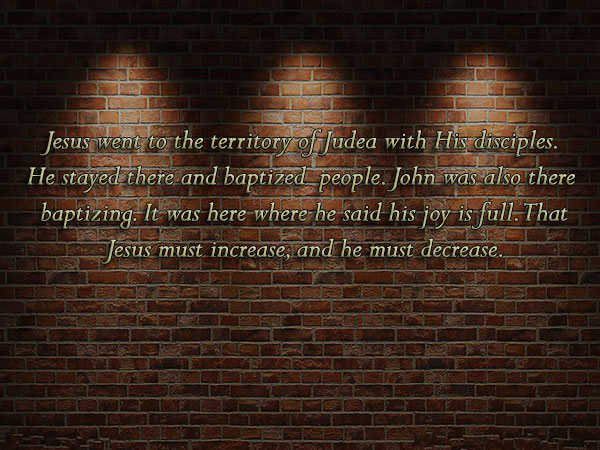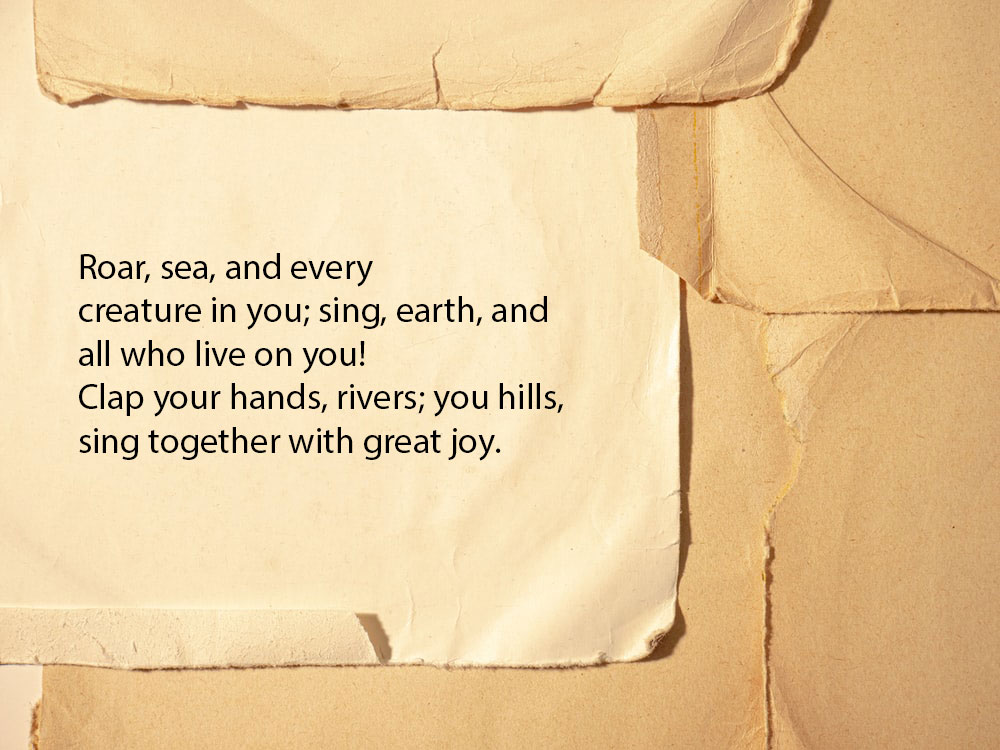Mk 12:28–34
A teacher of the Law had been listening to this discussion and admired how Jesus answered them. So he came up and asked him, “Which commandment is the first of all?”
Jesus answered, “The first is: Hear, Israel! The Lord, our God, is One Lord; and you shall love the Lord, your God, with all your heart, with all your soul, with all your mind and with all your strength. And after this comes a second commandment: You shall love your neighbor as yourself. There is no commandment greater than these two.”
The teacher of the Law said to him, “Well spoken, Master; you are right when you say that he is one, and there is no other besides him. To love him with all our heart, with all our understanding and with all our strength, and to love our neighbor as ourselves is more important than any burnt offering or sacrifice.”
Jesus approved this answer and said, “You are not far from the kingdom of God.” And after that, no one dared to ask him any more questions.
REFLECTION
Added to Halakhah (Jewish Law) that comes from the Torah (d’oraita) and numbers six hundred thirteen, there are laws from the rabbis (d’rabbanan) and another from long-standing customs (minhag). With such enormous quantity there is an ample room for pros and cons among the rabbis as to which one is the most important.
The love of God includes not only exclusion of false gods but also love of neighbor and nature, living expressions of God’s love. Man is the living image who participates in God’s dignity in the perfection of the divine model. (St. Gregory of Nyssa, De Hominis Opificio, 4: PG 44,136). Sins committed against one’s neighbor and rampant destruction of ecological balance are conclusively a desecration of God’s image. If one cannot respect a fellowman, nothing would prevent that person from disrespecting the beauty of God’s imprint in creation. Man’s authority over creation is not “absolute, but ministerial: it is a real reflection of the unique and infinite lordship of God. Hence man must exercise it with wisdom and love, sharing in the boundless wisdom and love of God.” (Evangelium Vitae, No. 52) Otherwise, “the flower-bed” (Dante Alighieri’s Paradiso, XXII, 151) would be transformed into a catastrophic abyss.
CLARETIAN COMMUNICATIONS FOUNDATION, INC.
8 Mayumi Street, U.P. Village, Diliman, 1101 Quezon City, Philippines
Tel.: (02) 921-3984 • 922-00-11 • 921-28-59 Fax: (02) 921-6205, 927-7429
Bookstore: (02) 924-6835
Email: ccfi@claretianpublications.com / cci@claret.org
Website: www.claretianpublications.com






